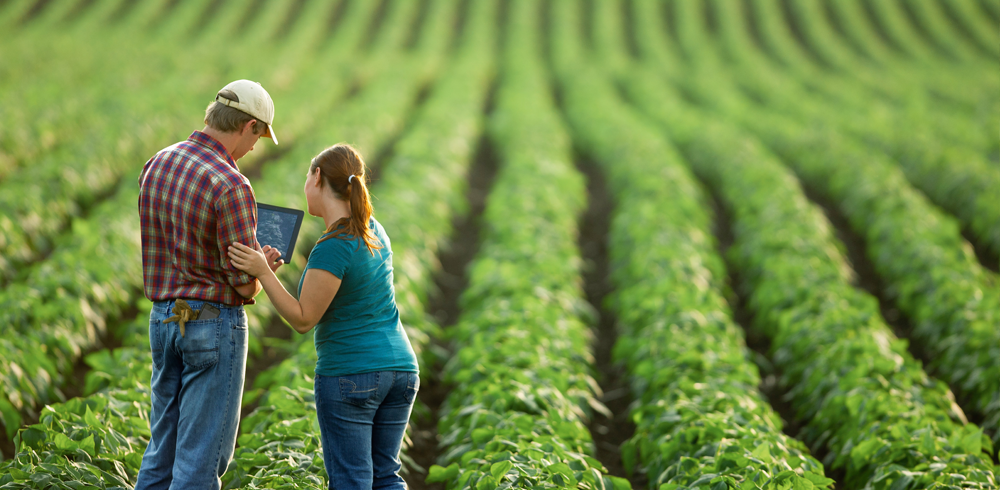You’re a farmer. You know how to work the land. You know how to grow your crops, or raise your livestock, or tend to various other needs of the farm. But what about farm accounting ? Accounting can be a confusing concept for farmers and others who are new to business management.
Fortunately, you don’t need a degree in accounting to keep track of your farm’s finances. In fact, all you need is an understanding of basic principles and some common sense practices that will keep things orderly and organized – which we hope this article will help with!
Record Cash Flows
Cash flows are important because they show the health of your business. Cash flows can be positive or negative, but they're all important to monitor closely. In other words, if you have a negative cash flow (meaning that you're spending more than you're making), then it's time to take action!
If this is the case for your farm and business, don't panic--there are ways to turn things around. You just need a plan that helps get things back on track financially.
In this article, we'll go over what cash flow is, why you need to monitor it closely, and how to turn things around when they get out of hand.
Track Expenses
One of the most important tasks in farm accounting service is tracking expenses. Expenses are costs that you incur in order for your business to operate and make a profit. They're not income, so they aren't included in the calculation of profit; instead, they're deducted from gross sales or revenue (the total amount of money brought in by selling products or services) before arriving at your net profit (the actual amount of cash remaining after all expenses have been paid).

The first step in tracking expenses is identifying them: what do we mean by "expense"? An expense is any outlay made by a company during its normal operations--it could be something like paying rent on land used for growing crops or buying seeds for planting season, but it could also include intangible costs like labor costs associated with running an organic farm (for example) where employees need training before being able to work efficiently enough so that their efforts generate profits for both themselves as well as their employer. In short: anything that has been consumed during normal business operations should be considered an expense!
The second step involves recording these items according to their nature--that means whether each item was purchased outright using cash from savings accounts; whether it was borrowed money from banks; whether it was obtained through credit cards...etcetera ad nauseam :)
Manage Assets
- Assets. Assets are things that you own, such as equipment and land. You should keep track of all your assets in your farm accounting system.
- Depreciation. A fixed asset's value slowly declines over time due to wear and tear or obsolescence; this is called depreciation. This allows farmers to deduct part of the cost of an asset each year as a tax deduction against income, which helps offset the cost of buying new equipment or machinery on credit (since you will pay less in taxes).
Conclusion
The farm accounting process is one of the most important aspects to running a successful business. It's essential that you keep track of all your income and expenses so that you can see where your money is going and whether or not there are ways to save some cash.
Source : https://sites.google.com/view/essentials-of-farm-service/home






